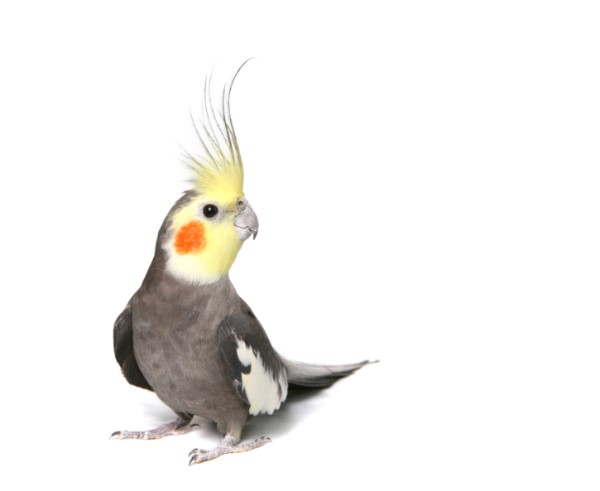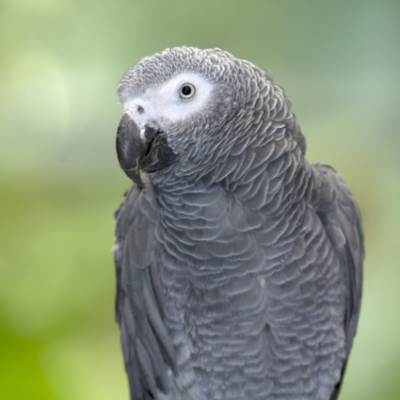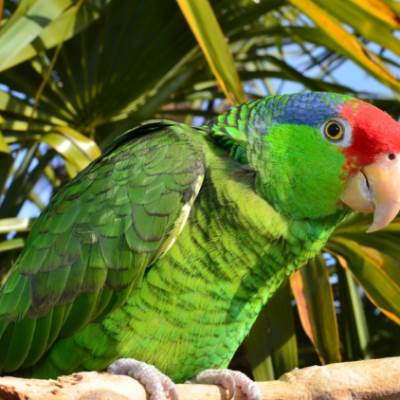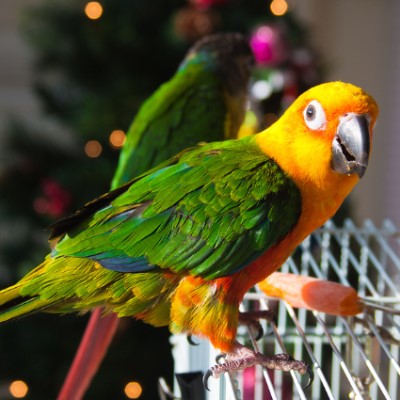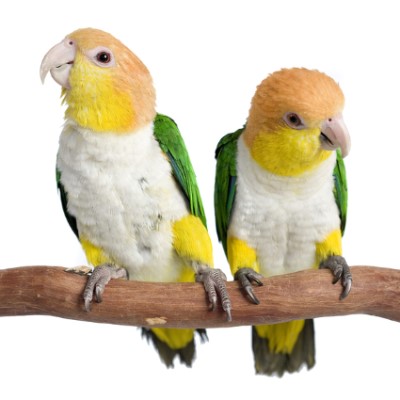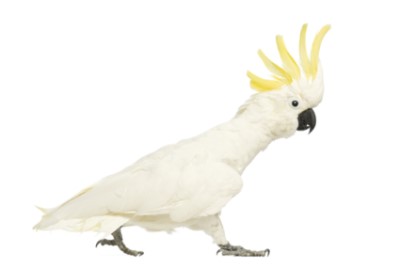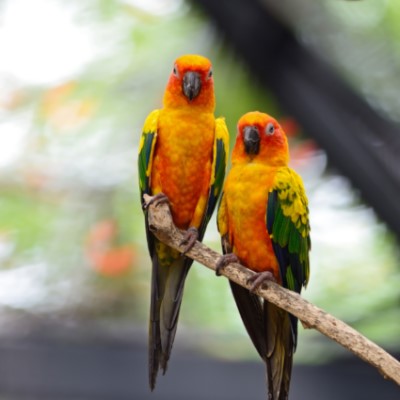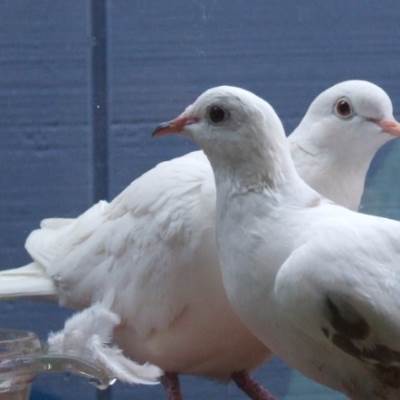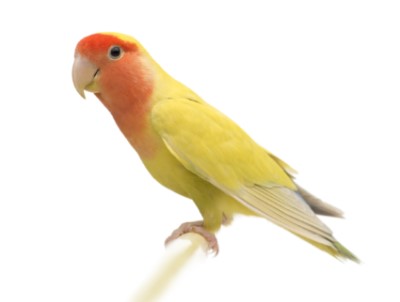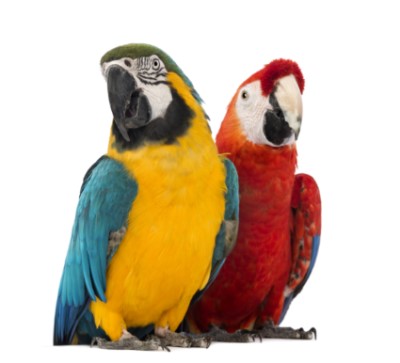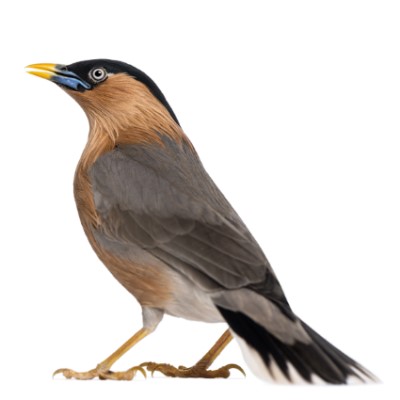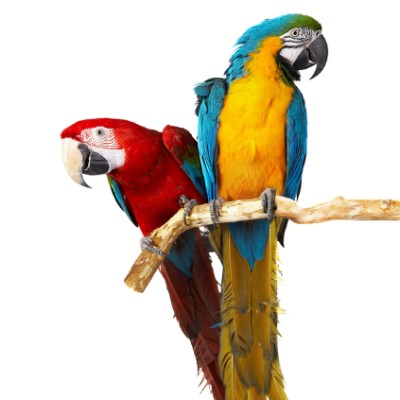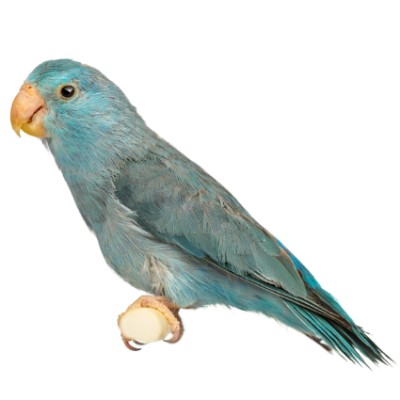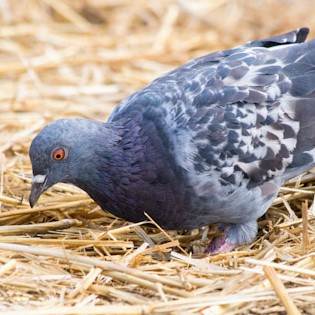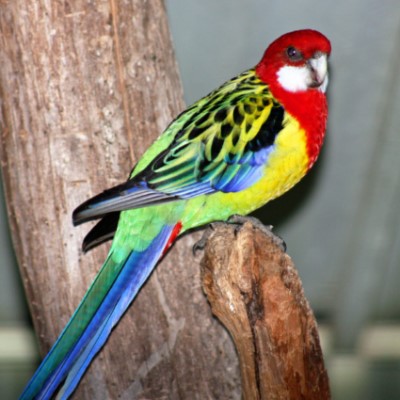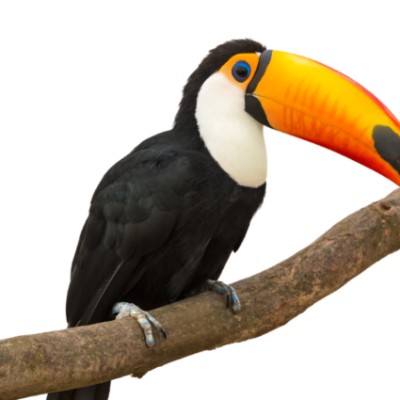Common Reasons for Surrender
The cockatiel is inexpensive to buy and can be thought of as “disposable” when the family is bored or taxed with caring for the bird. Oftentimes, families buy the cockatiel without realizing that she wants to spend time with her people. Cockatiels are messy eaters and throw things when they eat. They like to be on the ground and graze so you have to clean the cage a lot.
Pros
The cockatiel has all the charm of a larger bird but is less expensive to keep, not as noisy, and doesn’t bite. The cockatiel is known to greet the dawn with a song and sing a goodnight song at sunset. Because the cockatiel can be trained to whistle, it is a popular pet bird. The cockatiel is larger than a parakeet but smaller than a parrot and bonds quickly with humans.
They do not make shrieking noises unless frightened and tend to have an affectionate nature even with children.
Cons
The cockatiel bonds quickly with humans and tends to demand a lot of attention from her new friends. This is not a bird that wants to be left alone in a cage or admired from a distance. People who want to admire a bird’s coloring, chatter, or songs should consider buying finches instead.
Diet
Wild cockatiels love open spaces with grassy areas that provide seeds, fruit, and berries near a water source. A domesticated cockatiel will want a mostly herbivorous diet of seeds combined with fresh fruits and vegetables. Cooked grains beans, sprouts, and fish will provide added nutrients. You may also serve the cockatiel pasta, cooked or uncooked. Although they love junk food, it’s bad for the cockatiel’s health.
Avoid coffee, chocolate, and alcohol as these items are dangerous to the bird’s health and can even kill her.
Exercise
Inside the cage, ladders, perches, and swings provide interest and exercise. Your cockatiel will enjoy a play gym when given time outside the cage to fly and exercise. Wings must be clipped so he cannot fly too far and hurt himself. You will need to “baby proof” your house much like you would if you had a toddler in your home. Cockatiels are especially sensitive to fragrances such as scented candles, hot cooking oil, and deodorizers.
Possible Health Issues
For a healthy bird, look for bright eyes that are not runny and a dry bill. If a bird is sitting fluffed up in a corner or shows flaky skin, she may be sick. If there is a color change in your bird’s droppings, but her diet has not changed, you should take her to your aviary veterinarian.
Housing
In the wild they nest in holes in trees, preferring to lay eggs in the softer wood that lies decayed in the bottom of the hole. Pet cockatiels can live in any human house that has adequate heat. Cockatiels need a large cage with a few perches, especially wooden ones, and toys made of plastic or wood. Each cage needs three bowls, one for water, one for birdseed, and one for vegetable or fruit treats. The tray at the bottom may be lined with newspapers. Most bird droppings go through a grate on the bottom of the cockatiel’s cage and onto the newspaper that lies on the tray, which makes cleanup easier. Clean the cage with mild soapy water once a week.
Grooming
Cockatiels groom themselves by preening, a normal activity where they smooth their feathers so they are better for flying. They also have a special ability to apply oil to their feathers from a gland located on the lower back.
Training
The cockatiel can be trained to whistle, and a number of pet owners have found success in training their cockatiel to whistle the theme from the Andy Griffith Show of the 1960s. She can be trained to perch on your finger or shoulder and enjoys the attention lavished on her.
Entertainment
Cockatiels enjoy mirrors and bells, but be sure not to put so much in the cage that she cannot move around. They also enjoy time with their owners.
ADDITIONAL RESOURCES
The Cockatiel by Julie Rach
We want to thank Avian Rescue Corporation (ARC), Concord, California, and Feathered Friends Forever, Harlem, Georgia, for help with this profile.
